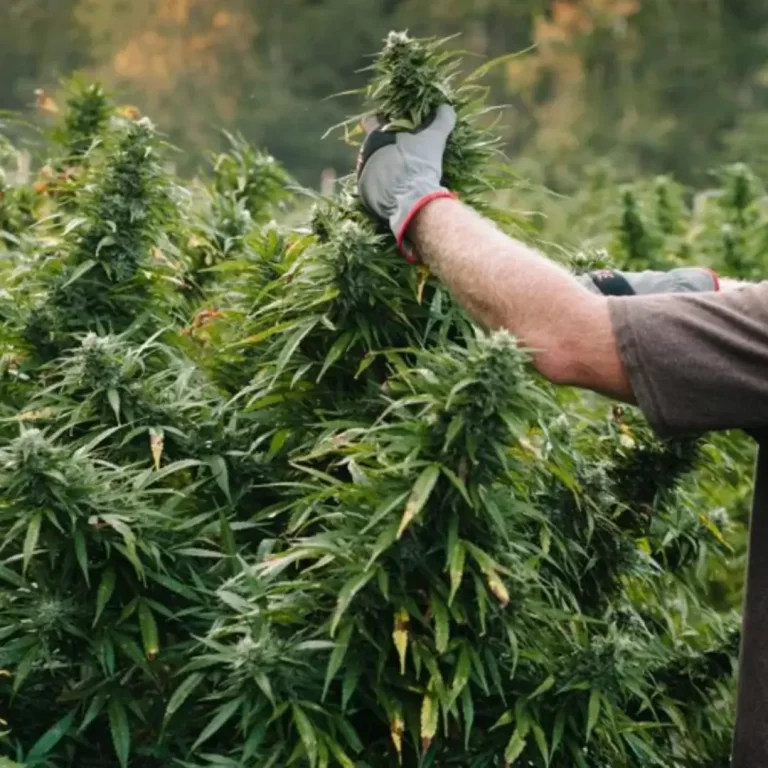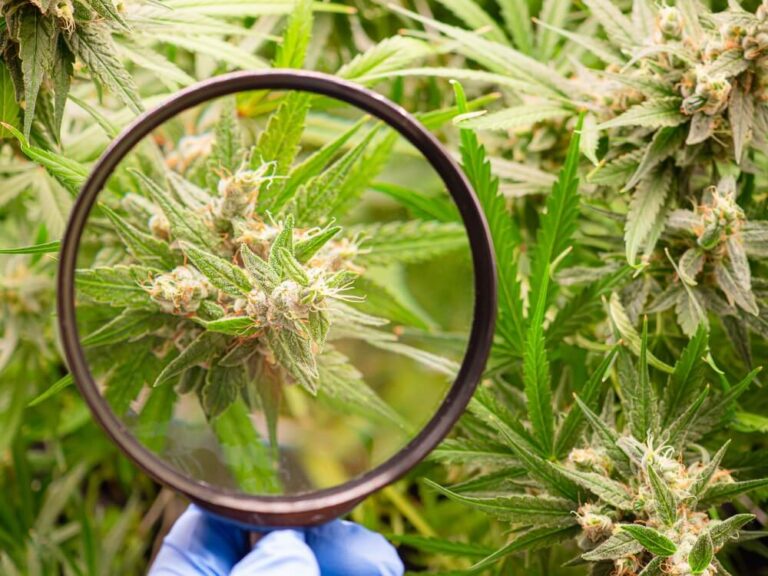
DEA Under Pressure
- Cannabis News
- Cannabutter Digest
The Drug Enforcement Administration is again facing scrutiny and calls from federal lawmakers to quickly reschedule marijuana from a Schedule I illegal substance down to a Schedule III substance as recommended by the U.S. Health and Human Services Department. This appeal is not the first time that the DEA has faced calls from lawmakers to reschedule cannabis. Congressional lawmakers and other federal agencies have repeatedly asked the DEA to clarify their timelines for reviewing the information from the HHS and urged them to move quickly to reschedule marijuana.
Now, a coalition of 21 congressional lawmakers is banding together and requesting that the DEA move to “promptly remove marijuana from Schedule I.” They maintain that leaving marijuana classified as a Schedule I controlled substance “produces a cascade of severe penalties for marijuana users and businesses, including for criminal records, immigration statuses, employment, taxation, health care, public housing, social services, and more.”
Is the DEA ready to listen or move any closer to making a formal decision to reclassify marijuana?
Lawmakers Call for Action on Cannabis Scheduling
The 21 lawmakers calling on the DEA for quick and decisive action on cannabis reform include highly influential Democratic lawmakers, including Sens. Elizabeth Warren (D-MA), John Fetterman (D-PA), and Reps. Earl Blumenauer (D-OR) and Barbara Lee (D-CA). Sen. Fetterman has made it a campaign point to legalize marijuana nationwide and work to end the so-called war on drugs by fighting to reschedule marijuana at the federal level.
The lawmakers are expressing their frustration with the federal agency, saying that while the agency indicated it could take up to six months to review the HHS recommendation, nearly eight months have already passed. There is no indication that the agency is any closer to deciding on whether to reschedule cannabis. They say, “While we understand that the DEA may be navigating internal disagreement on this matter, it is critical that the agency swiftly correct marijuana’s misguided placement in Schedule I.”
There are some indications that the DEA may be at odds with the Biden Administration, which has repeatedly signaled that it wants to see meaningful marijuana reform. President Joe Biden has issued numerous proclamations pardoning those who were convicted of federal and Washington, D.C. simple marijuana possession offenses, saying no one should have their life turned upside down because they possessed a small amount of marijuana.
The letter ends with a resounding endorsement of the Biden pardons and the President’s State of the Union address, declaring that now is a prime moment to remedy the numerous harms caused by marijuana prohibition. It also includes this statement: “We look forward to your prompt action and appreciate your attention to this important matter.”
Notably, those who signed the letter are all Democrats, many of whom represent states that have already legalized medicinal and recreational marijuana, like Colorado, Oregon, and California.
It Is Not the First Time Lawmakers Have Sought Clarification and Put Pressure on the DEA
Senate Majority Leader Chuck Schumer (D-NY) also cited previous letters issued to the DEA that reiterate while rescheduling marijuana to a Schedule III substance shows meaningful progress, the only proper way forward would be to end marijuana prohibition and deschedule marijuana completely.
Democratic lawmakers have been urging the DEA to make a decisive and meaningful decision on cannabis reform since the HHS sent their recommendation to reschedule marijuana to the agency back in August of 2023. Since that time, federal lawmakers, U.S. Attorneys General, the American Nurses Association, and other prominent leaders have called on the DEA to move forward with rescheduling marijuana. Even the head of the FDA recently suggested that there is no reason for the DEA to delay their rescheduling decision.
A rescheduling decision is in line with America’s changing perception of cannabis for medical and recreational purposes. A recent Pew Research poll finds that an overwhelming majority of Americans support cannabis reform, saying the substance should be legal for medical or recreational use. Only 11 percent of Americans say marijuana should not be legal at all. The DEA has been pressured by all sides to decide one way or the other over the status of marijuana.
A Surprising Twist
In another twist, the DEA suddenly pushed ahead with plans to move marijuana from a Schedule I substance to a Schedule III substance. The constant pressure may have paid off in the long run. The U.S. Department of Justice and Attorney General Merrick Garland circulated the proposal to reclassify marijuana. The DOJ’s director of public affairs issued a statement saying of a proposal to reclassify marijuana that is being circulated, “Once published by the Federal Register, it will initiate a formal rulemaking process as prescribed by Congress in the Controlled Substances Act.”
Once the rule gets posted to the Federal Register, a public comment period is triggered, typically lasting anywhere from 30 to 60 days. A final rule could be posted before the end of the presidential term in January.
Rep. Earl Blumenauer, one of the lawmakers to sign the letter recently sent to the DEA, says that rescheduling marijuana is now one step closer to ending America’s failed war on drugs.
While the news is undoubtedly encouraging, cannabis is still not legal at the national level, meaning there are still challenges to overcome. Many of those challenges still revolve around federal tax law and allowing the marijuana industry in legalized states to function and benefit from tax breaks as other U.S. businesses do. There are also still hurdles when it comes to banishing the “cash-only” model and allowing marijuana cultivators and retailers to access services from banks and other financial institutions. For all the potential good that may come from rescheduling marijuana, lawmakers still have work to do when it comes to addressing other marijuana legalities and issues. Democrats hope young and liberal voters will turn out in droves this November to help them take back the House and keep the Senate so work can begin in earnest to reform cannabis policy in America.
You can follow the latest developments on this and other top cannabis news stories at Cannabutter Digest. We are your home for cannabis-related news, recipes, and product reviews.






